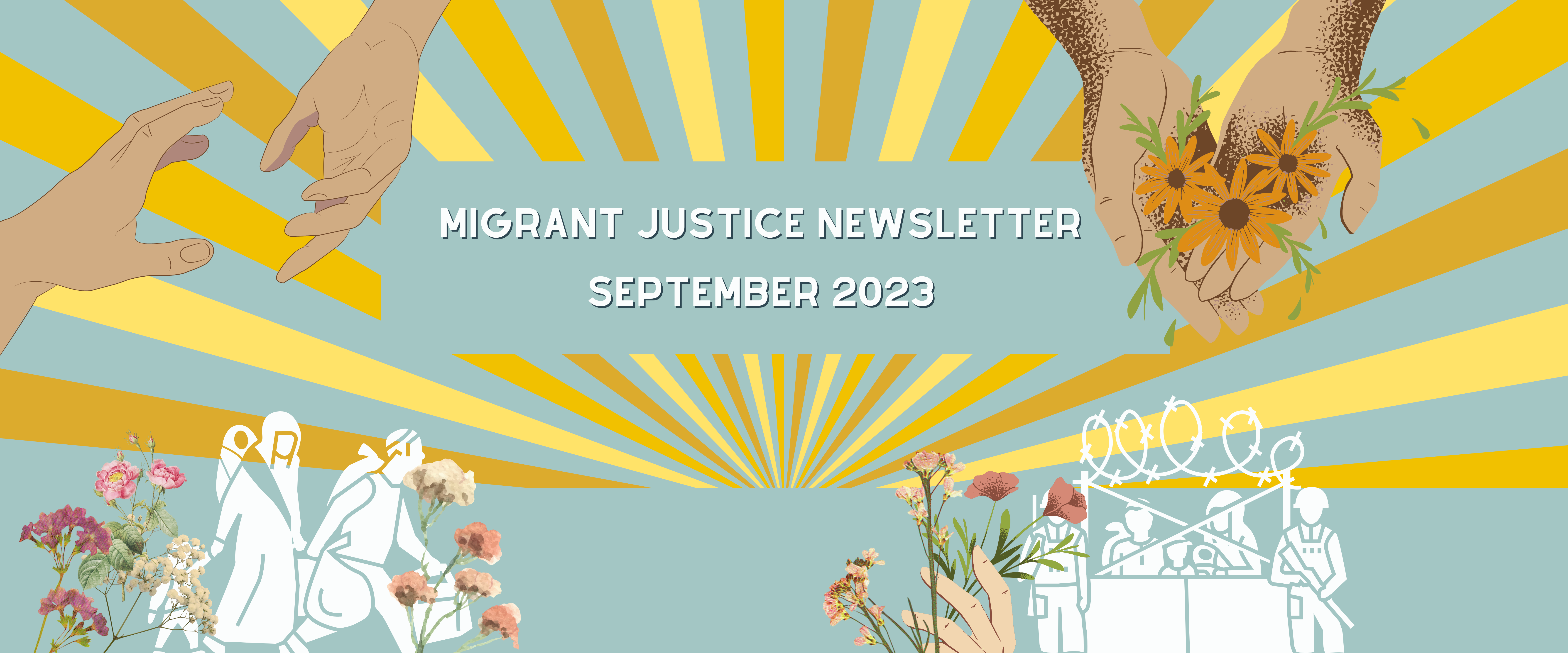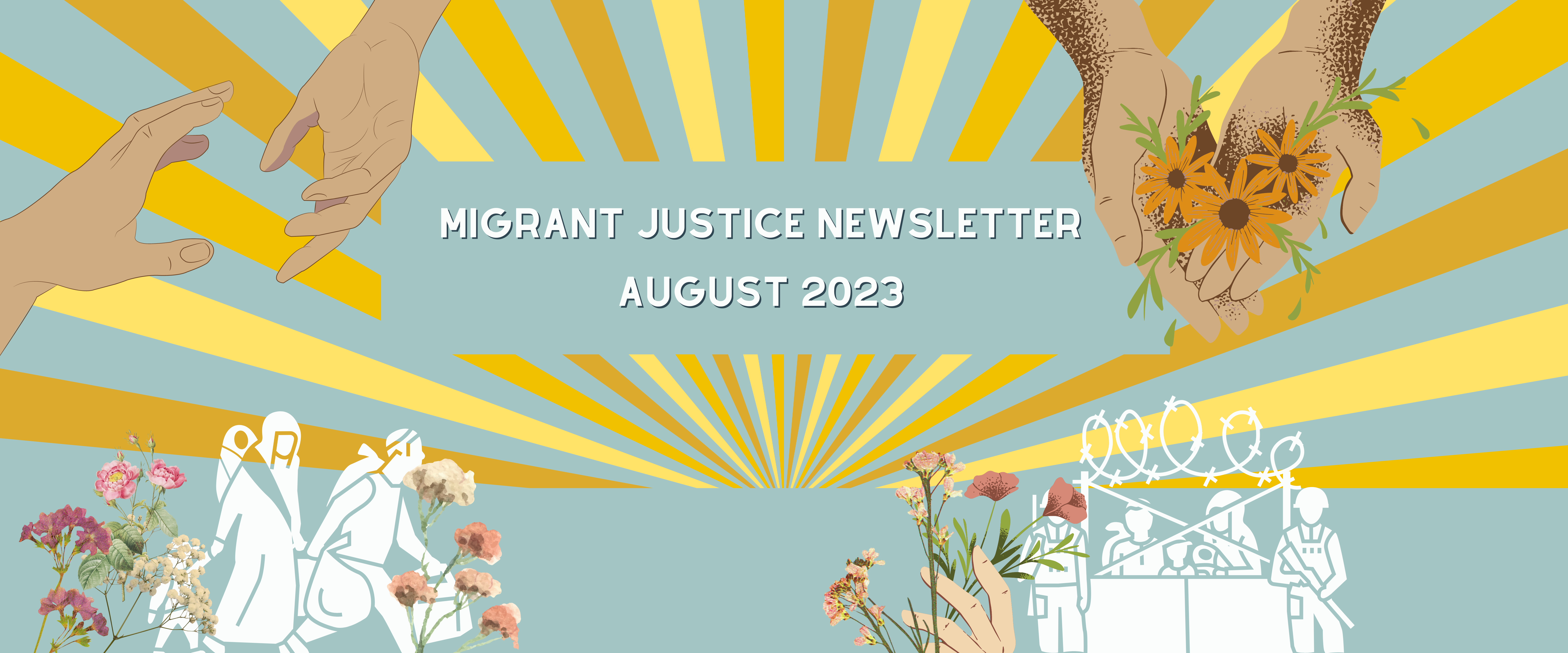The National Health Forum (FNS) of El Salvador has reported that since the State of Exception was initiated in March 2022, sexual violence against girls, teens, and adult women committed by state security forces (National Police or Armed Forces) has intensified.
On the night of September 23 in the rural village of Santa María Mizata, Tetotepeque municipality, La Libertad Department, six members of the military separated a 13 year-old girl from her friends. One of the teenage friends who tried to stop the officer in charge from taking her was beaten by the other soldiers. She was raped and left on the side of a highway. A truck, later identified as property of the mayor’s office, picked up the soldiers. Residents called the police, who took 40-60 minutes to arrive. Police detained the military officer but released the other five military subordinates. The police did not release the names of the six military personnel.
In a survey of Salvadorans’ encounters with security forces since March 2022 by the Human Rights Institute of the Central American University, it was reported that 18% of respondents reported threats, 17% surveillance, 16.6% arbitrary detention, and 14.8% mistreatment or torture by police officers and soldiers. We are urging that government authorities thoroughly investigate sexual offenses committed by members of Armed Forces and the National Civilian Police and bring those responsible to justice.





